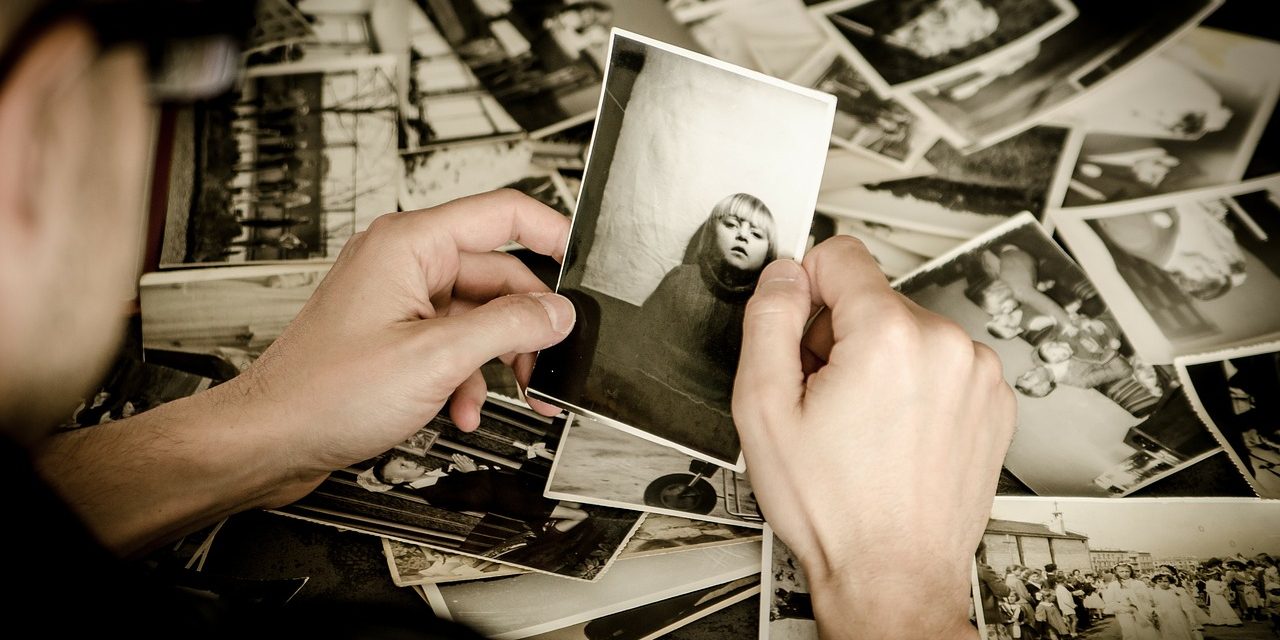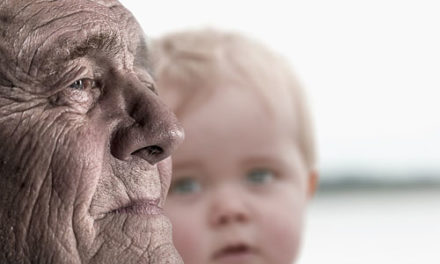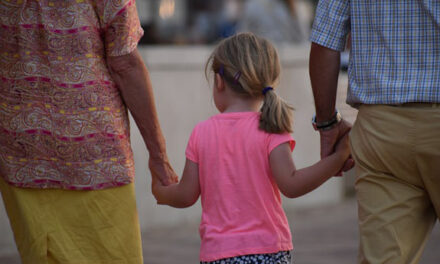One recent Saturday, I was sitting in a public library listening to a lecture with Dee, my wife and partner of 41 years, and my mother. The speaker was a nationally known leader who helps people write their family history. My mother, who is now in her 80th year, was especially interested in learning ways to capture her history so she can pass it on to her children and grandchildren. Of course, Dee and I were also listening closely, because as grandparents we are now much more intentional about our heritage and how to pass it on to our ten grandchildren.
For me, the experience also reinforced how much my own heritage is built upon my mother’s, whose early life included numerous challenges. She was a ward of the state at age nine and spent seven years in an orphanage, separated from her mother and three siblings. She would later reunite with her mother and two of her siblings who were adopted, but she still has no knowledge of what happened to her younger sister. There were still many stories from those years that I’d never heard, and until that Saturday, I hadn’t fully grasped that some big areas of her early life were still largely unexplored.
During the lecture, the speaker’s first task for the audience was to write a brief description of where we lived as a child. Often, thinking about a childhood home will help to surface many other memories and mental pictures—a terrific way to prime the pump for anyone writing their history.
I could only imagine the places that flashed through my mother’s mind, and I noticed that she wrote down several paragraphs of memories. Was that painful for her, or therapeutic, or some of both? She shared some of her memories with me later that day, and as her son as well as a parent and grandparent myself, knowing more of her story not only helped me grow in my love and respect for her, but it also helped me understand and empathize with her more.
Heritage is a building block of critical importance when fulfilling your role as a grandparent. Your life story—the experiences of your childhood, adolescence, adulthood and mid-life—makes up the foundation for your grandparenting. Being a faithful steward of your heritage means you have a responsibility to remember and then communicate your life story to your children and grandchildren in the best way possible. What were the most significant life experiences, and how have they influenced and shaped who you are today?
In addition, I believe your children and grandchildren deserve a record of your history, including aspects that are physical, emotional, mental, and spiritual. You can write it, create audio or video recordings, or come up with your own method, but please do this. As has often been said, how can you know where you’re going if you don’t recognize where you’ve come from? Give your children and grandchildren every opportunity to benefit from your memories and experiences.
Creating such a history or life story may seem daunting. With so much to say, where do you begin? One family historian suggests that it’s best to start with memories of a fixed point in time, like a significant “first” in your life: the first home you lived in, your first school or learning environment, your relationships to your family members or caregivers, your first work experience, the first time you remember being physically or emotional hurt, your first spiritual awareness, your first success or failure, and so on. Those life experiences helped to define who you were and who you would become.
Then take that memory or experience and write a few sentences about it. Often, after those first few sentences, more and more details and memories will emerge. It might also help to reflect on various sensory information from a particular moment: What did you see? What noises could you hear? Were there any interesting smells you remember? Did you touch or taste anything? Use your five senses to help you remember, then jot it down. Develop the key points and let the brief narrative flow. Each story will become a building block in your “heritage house,” and something precious you can share with others.
The stories are useful in revealing insights about the environments in which you lived and, perhaps, how you were nurtured at various stages of life. Don’t forget to also include the critically important aspects of your personality and who you really are—your genetic code, character attributes, and your perspective on life. How did those attributes, combined with early life experiences, impact your heritage? And which of those attributes can you see being replicated in your grandchildren or great-grandchildren?
Part 2, Your Heritage Is Foundational in Your Grandparenting





